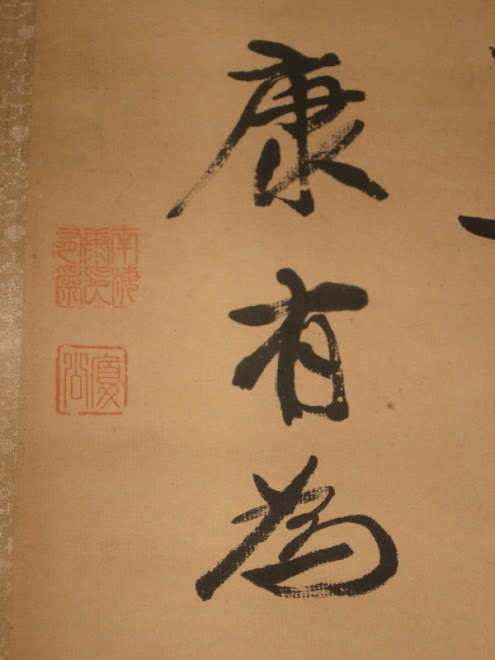The
Baohuanghui had more than 200 chapters, but we are still identifying where they
were located. This document lists the Chinese names of chapters in towns found in Baohuanghui documents that we can't identify by their geographical names. Remember that these would be
pronounced in Cantonese. Those in blue have
been identified since we first posted this list.
The
basis of this list (#1-48) is a 1908 document naming 94 chapters that
made donations for a Baohuanghui headquarters building. It is found
in 《捐建帝国宪政总会所买地征信录》published
in Kang Youwei yu Baohuanghui (pp. 529-537). Thanks to
Gao Weinong for pointing us to this list. We have added other unidentified
chapters as we have found them. These chapters could be in the Americas, Asia,
Australia (although we believe have fully identified Australian chapters), the
Pacific, Africa, and Europe. Chi Jeng
Chang has composed his own list of chapters based on the 1908 document as well
as a March 7, 1904 list in Hong Kong Shang
Bao of 134 signatory chapters to a petition supporting the anti-Russian movement
and the 1907 donor plaque in the Victoria, BC Baohuanghui building.
For already identified chapters, see the document Mapping the Baohuanghui. As chapters are identified, they are added to the Mapping table. Especially useful have been the 1901 and 1913 International Chinese Directories, thanks to Philip Choy.
A separate list follows with many Canadian chapters whose place names are still unknown, thanks to the research of Zhongping Chen, University of Victoria and Chi Jeng Chang, Vancouver, BC.
Please
leave your best guesses in the Comments field.

30,36 both are Boston, US
ReplyDelete#8 surely must be Bristol.
ReplyDelete#8 -- I take that back. Misread "卜". More likely Plattsburgh, or maybe Butlersburg (Ontario).
ReplyDelete#4 Dewey Beach, Delaware? (道禧 in Cantonese = "douh-hei")
ReplyDelete32--possibly Weimer, California
ReplyDelete51--maybe Beaumont, Texas
I understand how Beaumont, TX could be #51--we know it had enough Chinese to appear as one of the cities listed in the 1913 International Chinese Directory. But tell me how you came up with Weimar, CA for 火品顿埠?
DeleteMy error--I meant number 43. But it's a wild guess. Weimar is on the American River but might not merit the "port" designation.
DeleteYou're not the first to guess Weimar, CA for 威麻埠--it is in gold country. "Bu" is used in these names to mean city or town, rather than port. I haven't found Weimar in any of the Chinese directories from 1900 on, so possibly the Chinese had moved out by then.
Delete